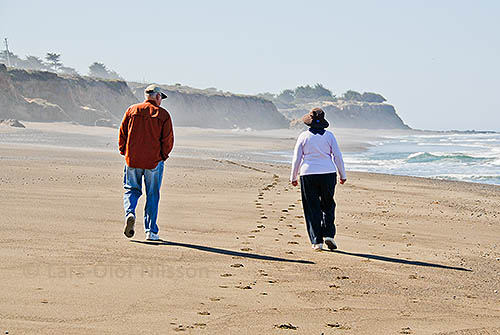We have looked at gender-neutral language in a previous blog post.
To address people we can use the honorific titles Mr, Miss and Mrs.

The female forms Mrs and Miss indicate whether a woman is married or not, which Mr does not. Mrs shows that a woman is married; many widows and divorced women retain the title even though they no longer have a spouse.
In the 1950s many women did not want to be known by their marital status and used the title Ms to replace Mrs and Miss. This usage became more widely spread in the 1970s and Ms is now the common form. However, the abbreviation Ms is older than you may think – it was used in an American newspaper as early as 1901.
Use the neutral Ms when you write to a woman unless you notice that she herself uses the title Mrs. If in doubt, ask her what she prefers.
The gender-neutral title Mx can be used to refer to a person who wants to be identified as neither male nor female. The title has become adopted by institutions in the UK such as the Royal Mail, agencies dealing with passports and driving licences as well as several banks. Mx is pronounced mix, sometimes em-ex.
Mr, Mrs and Mx are always used before a name, while Miss can stand alone.
Good morning, Mrs Johnson!
Thank you, Miss.
Without a following name, Mr and Mrs are replaced by sir and madam (or ma’am), respectively.
Can I help you, ma’am?
Very kind of you, sir!
The plural of Miss is Mses, and the plural of Mrs is Mmes, short for mesdames.
Mr has a plural form, Messrs, which is put before the names of two or more men, especially in the name of a company.
Send your request to Messrs Watson & Sons.
Young boys are sometimes addressed as Master.
As you see (and surely know), these titles are always capitalised. In American English there is usually a full stop after the abbreviations.
You may have come across the abbreviation Esq. The word Esquire used to be a title given to men of higher rank in society. In the 20th century it came to be used as a general title for any man, usually added after a man’s name, especially in correspondence (on envelopes and in letters) and official documents: William Brown, Esq. This is the same as Mr William Brown. If Esq. is used, you do not write Mr before the name.
When a British man is invited to Buckingham Palace, Esq. is added to his name on the envelope; for men of other nationalities, Mr is used instead.
In the United States, Esquire refers to a lawyer, irrespective of gender. It is used as an abbreviation after a person’s full name.
I suggest you contact my lawyer, Susan Hall, Esq.
When addressing correspondence to a United States diplomat, Esquire may be used, written in full.
Read about how you use honorific titles to start a letter or an email here.
Recent Comments